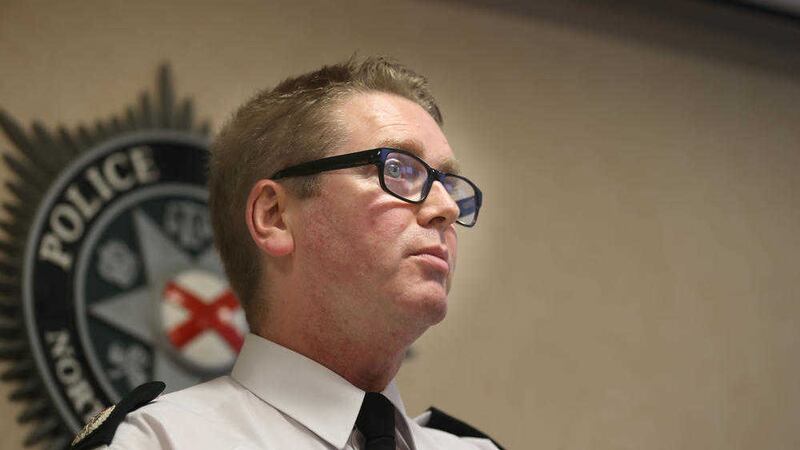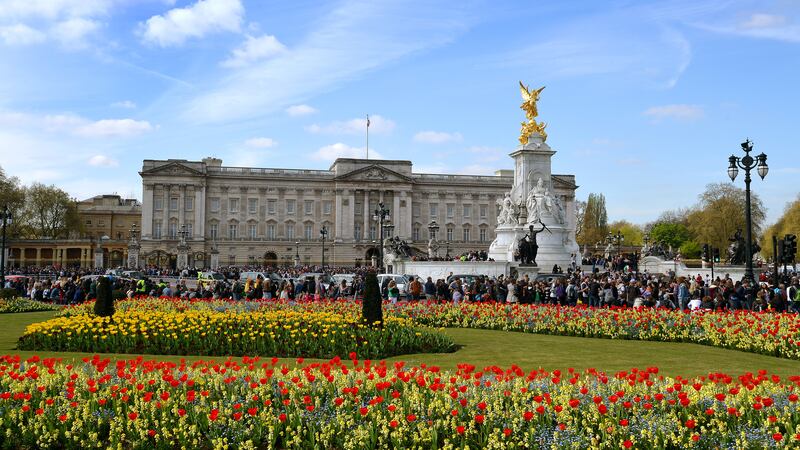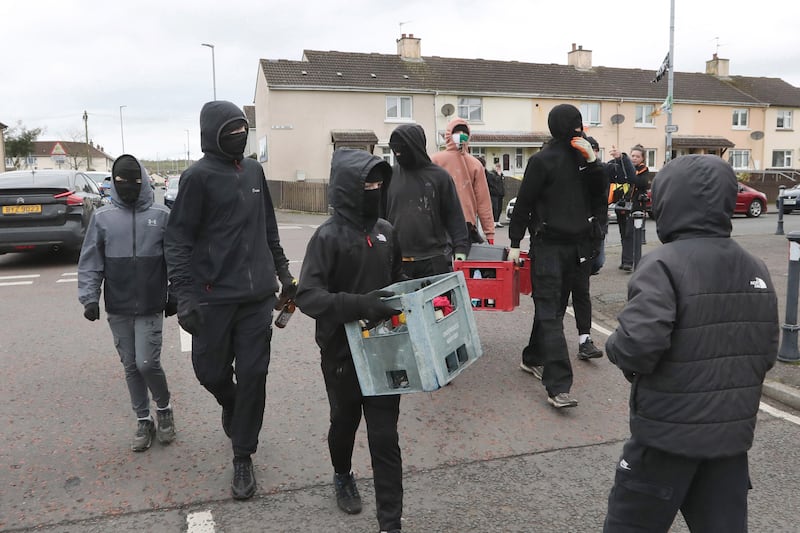A DISSIDENT republican attack in the north is highly likely, a senior PSNI officer said.
The threat from dissidents remains severe, as has been shown by recent arms finds, assistant chief constable Will Kerr told the Policing Board yesterday.
"The threat is severe at the minute, the definition of severe means an attack is highly likely," he said.
Referring to recent pipe bomb seizures, he said that those behind attempted bombings had no consideration for the safety of the public.
"The attacks over the last number of months have shown the degree of community contempt that these groups have, leaving viable improvised explosive devices in areas that the community use," he said.
"They are not interested in community support and community confidence."
Meanwhile, Chief Constable George Hamilton told the board that the coroners' system for investigating Troubles-related deaths is chaotic and needs to be reviewed.
Almost 100 deaths, many dating back decades, are being revisited.
Mr Hamilton said his primary concern lay with bereaved families but criticised lack of "prioritisation" by coroners.
"It is chaotic, people are going from one inquest to the next depending on which coroner is shouting the most," he said.
"It needs to be more of a whole-system approach."
The Board has called for an inspection of the police's handling of inquests, carried out by Her Majesty's Inspectorate of Constabulary (HMIC), but Justice Minister David Ford has not agreed to order an inspection.
A total of 56 inquests into 94 deaths have yet to be heard.
Thousands of files have to be cleared by police before they can be made public, and sensitive ones often have to be partly redacted by the Secretary of State for security reasons.
The chief constable added: "The problem is that the police have become the focus of attention around delay when actually we are very open to have a look at our processes and if there's things we can fix to speed up our element of it we will do that.
"We have 56 inquests open, none of them prioritised. The prioritisation tends to play its way out in public commentary from coroners that find their way into the media."
He said he wanted to meet the senior coroner and work out a mechanism for ordering cases to meet families' expectations.
"At the moment we have 56 inquests touching upon I think it is 94 deaths and we have people within our legacy unit running about from one inquest to the next depending on what the next deadline is," he said.
"We only act as agents of the coroner, we are there to support the coroner, not to be in some sort of adversarial position with the coroner."








